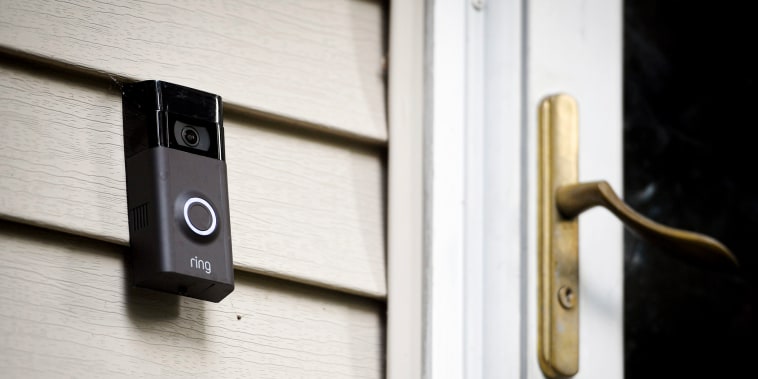In a noteworthy development, Ring home security has decided to refund its customers following security-lapse claims. This decision comes as a result of numerous complaints and claims raised by customers who found gaps in the security infrastructure provided by the company, necessitating an in-depth investigation into the issue.
Ring, the popular home security company, known for its innovative range of indoor and outdoor cameras, doorbells, and alarm systems, has been a prominent name in the security industry. However, recent allegations pointing towards security lapses have highlighted concerns about the safety standards maintained by the company. The customers primarily raised issues related to unauthorized access, privacy breaches, and poor data management.
The company received widespread criticism after customers reported incidents of third-party interference with their Ring devices. Undoubtedly, such breaches had damaging consequences, affecting both the privacy and peace of mind of the customers.
Following the investigation into these claims, Ring has agreed to refund its affected customers. In an official statement, the company acknowledged the security lapses and took responsibility for it, assuring its customers that immediate corrective measures would be taken to rectify the shortcomings in their system. This demonstrated the company’s commitment to be transparent and uphold customer faith in its services.
The refund initiative by Ring is a significant move to quell the rising anxiety among its user base and improve customer satisfaction. This action also extends an indirect, yet strong message that customer safety and security stand as the priority over any other aspect for the company.
In terms of the scope of the refund, it is expected that all affected customers would be compensated. However, the exact refund amount has not been confirmed, as the process of evaluating the affected user base and ascertainment of the refund amount is still in progress.
The company is currently updating its security features, fixing loopholes, and revisiting its data encryption methodology to ensure that such incidents do not reoccur. Ring is also prioritising the development of user-friendly privacy settings and an elaborate control system for customers to have a stronghold over their devices, providing an extra layer of security.
The incident will serve as a learning curve for Ring and other industry players, reinforcing the necessity of robust cyber security measures to uphold customer trust. It emphasises the fact that in the age of increased dependency on technology for home security, companies must not compromise on providing top-notch security and securing confidential customer data.
In conclusion, the refund process initiated by Ring stands testament to the company’s credibility and concern towards its customers. By acknowledging mistakes and taking necessary action to improve, Ring is setting an example for other technology companies. It shows that the company has taken the past security-lapse claims seriously, and is working diligently to correct those errors and ensure customers’ faith in the company remains intact.




